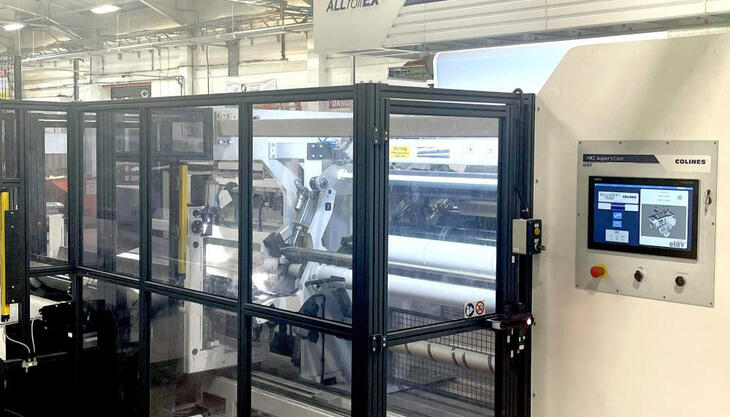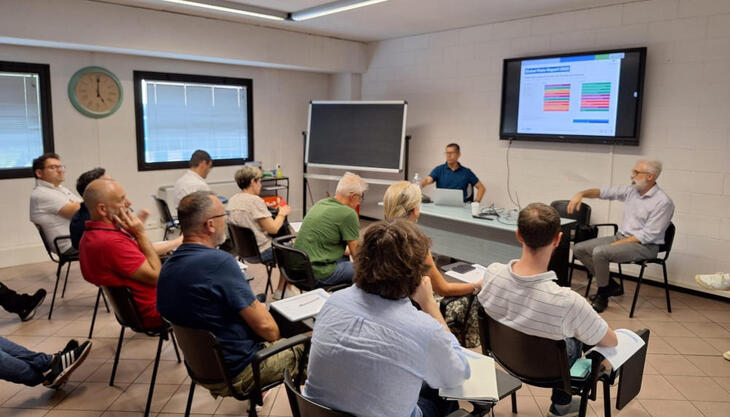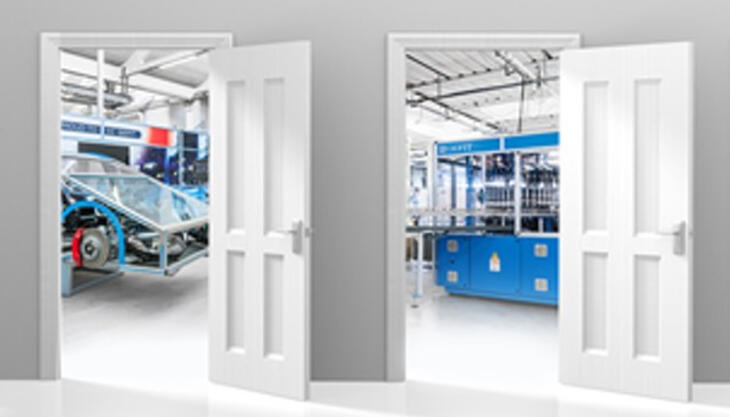Recycling becomes upcycling
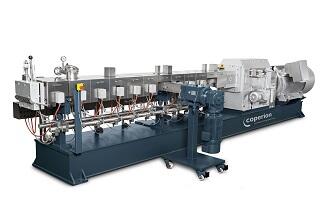
Twin-screw extruders from Coperion in Stuttgart play a key role in the global manufacture of high-quality compounds. In addition to their global lead position they have acquired an excellent reputation in recent years in markets where such compounds are made from recycled plastics. Here the combination of Corema technology from Erema and twin-screw extruders from Coperion has proven highly successful. The initial step of the recycling process consists of plasticizing and filtering in an Erema single-screw extruder with a cutter compactor. Immediately adjacent to this, and without allowing the melt to cool, the compounding step - the actual upcycling - follows in a co-rotating ZSK or STS twin-screw extruder from Coperion. This is where the properties profile of the recyclate is precisely tailored to the specific requirements. Corema gives recycling companies the opportunity to manufacture and market ready-to-use quality granules with the necessary properties for specific high-quality applications or individual customers, thus giving them a significantly larger share of the value-added chain within the economic cycle.
Coperion has been active in the recycling market since 1992 and also offers extrusion systems to this sector, such as for the reprocessing PET, PP or HDPE. Based on this Coperion launched their cooperation with Erema in 2012 and the two technology providers both contributed their key competences which complement each other in an ideal way. Today, ambitious recycling companies worldwide are using this technology, motivated by the uniformly high quality of the output material and the high achievable throughput rates of up to 4,000 kg/h (depending on the material). Over 20 Corema recycling plants equipped with Coperion twin-screw extruders have been sold in the past four years alone, mainly due to the high satisfaction customers have experienced with the equipment. The currently increasing order intake shows strong evidence of a continuation of this positive trend. The produced high-quality recycled compounds are used, for example, in the automotive and packaging industries.
Coperion twin-screw extruders transform recycling to upcycling
In the initial process step of the Corema system, Erema’s robust technology converts input materials - such as nonwoven PP, PE edge trimmings or PA fibers - to produce a filtered melt. This melt is then fed into the co-rotating, self-wiping twin-screw extruder from Coperion, which can be flexibly configured for all compounding tasks. Additives, fillers and/or reinforcement materials are fed into its processing section. These may include a considerable proportion of CaCO3, talc, fiberglass or natural fibers. Here the melt also undergoes highly intensive mixing and devolatilization which are typical features of the Coperion twin-screw extruders.
The interplay of Erema’s and Coperion’s technologies ensures that compounds are treated gently and subjected to minimal thermal stress, because the melt is passed directly from extruder to extruder without any cooling and reheating stage. Processing at a constant temperature also provides for extremely energy-efficient operations. Corema’s modular plant concept can be optimally tailored to the specific application.
Upcycling as an attractive key to a cyclic economy for plastics
The spectrum of plastic waste begins with domestic packaging waste and ranges through films and containers from specific applications and parts from recycling old vehicles, right across to single-origin and often single-type waste from industrial production. The efficiency of the upstream Erema recycling technology enables the Corema plant to extend the range of usable waste grades towards less expensive recycled raw materials, thus further increasing the added value.
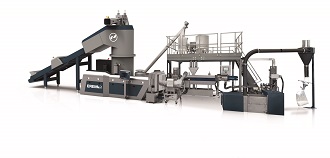 At the same
time, thanks to the proven high compounding performance of Coperion’s twin-screw
extruders, the Corema plant increases the value of the granules that can be
produced from the raw materials. This provides recyclers with the ideal
conditions for the economic production of pellets of consistently high quality
and meeting the specifications while providing the quantities that the industry
demands.
At the same
time, thanks to the proven high compounding performance of Coperion’s twin-screw
extruders, the Corema plant increases the value of the granules that can be
produced from the raw materials. This provides recyclers with the ideal
conditions for the economic production of pellets of consistently high quality
and meeting the specifications while providing the quantities that the industry
demands.
“By conjoining Crema’s systems with Coperion’s technology we can give the market a technology that not only helps entrepreneurs achieve commercial success, but also incorporates basic principles such as resource conservation and sustainability. This is the key to the current and future success of this technology”, says Peter von Hoffmann, General Manager of the business unit Engineering Plastics and Special Applications at Coperion.

















